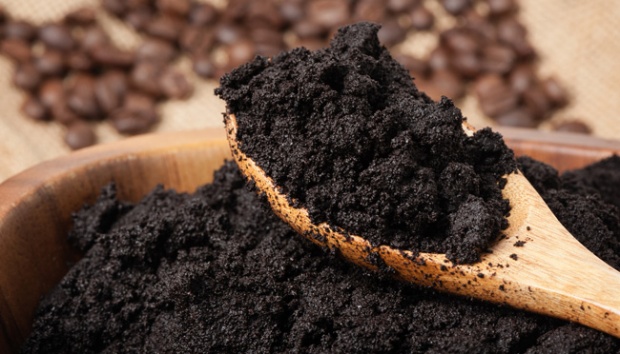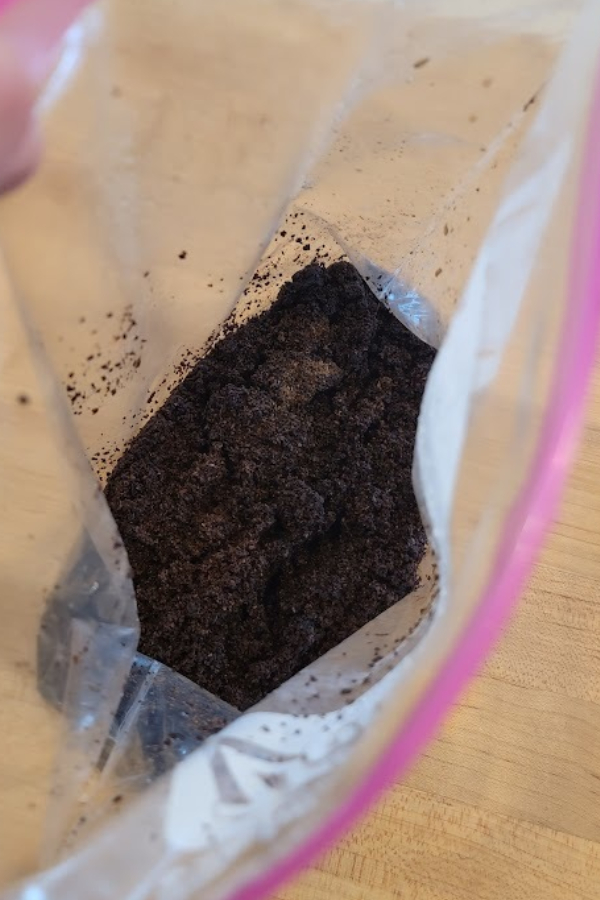Putting Coffee Grounds Down the Sink: Possible or Not? - Considerations to Keep in Mind
Putting Coffee Grounds Down the Sink: Possible or Not? - Considerations to Keep in Mind
Blog Article
Here below yow will discover some excellent data around Can Coffee Grounds Go Down the Drain or Sink?.

If you're an enthusiastic coffee enthusiast, you might be questioning the best method to deal with your coffee premises. While it may seem hassle-free to clean them down the sink, this practice can cause several concerns for both your plumbing and the environment. In this write-up, we'll discover whether it's risk-free to place coffee grounds down the sink and review alternate disposal methods to think about.
Alternatives to Disposing of Coffee Grounds
Trash Disposal
If you do not have a composting setup, an additional option is to simply toss your coffee grounds in the trash. Make certain to seal them in a compostable bag or container to stop odors and leakage. While this approach doesn't use the very same environmental benefits as composting, it's a secure and convenient method to deal with coffee premises.
Composting
One environmentally friendly alternative for getting rid of coffee premises is to compost them. Coffee grounds are rich in nitrogen, making them an exceptional addition to compost piles or containers. As they decompose, they add nutrients to the dirt, boosting its fertility and texture.
Risks of Putting Coffee Grounds Down the Sink
Plumbing Issues
One of the key worry about dealing with coffee premises down the sink is the threat of clogging your pipes. Coffee grounds don't liquify in water and can collect with time, forming a dense sludge that can block drains and cause pricey plumbing repairs.
Environmental Impact
Beyond the prospective damage to your plumbing, putting coffee grounds down the sink can likewise hurt the setting. When cleaned right into the sewer system, coffee grounds can contribute to blockages in sewer lines and treatment facilities. Additionally, the high concentration of organic matter in coffee grounds can diminish oxygen degrees in rivers, negatively affecting water life.
Tips for Proper Disposal
Routine Maintenance
Despite exactly how you select to get rid of your coffee grounds, it's important to preserve your plumbing frequently. Arrange routine drainpipe cleanings to eliminate any buildup and ensure that your pipes continue to be clear and free-flowing.
Make Use Of a Sink Strainer
To avoid coffee grounds from entering your sink's drain in the first place, think about using a sink strainer. These cost-effective tools catch solid particles, consisting of coffee premises, avoiding them from causing clogs.
Verdict
While it might be alluring to clean coffee premises down the sink for comfort, doing so can have severe repercussions for your plumbing and the environment. Rather, think about composting your coffee grounds or dealing with them in the garbage. By taking on responsible disposal techniques, you can appreciate your coffee guilt-free while lessening your environmental footprint.
Coffee Grounds Down The Drain: Are They OK?
Can Coffee Grounds Go Down the Sink?
You may be thinking, “But I pour them down the sink drain every day and I’ve never had a clogged drain!” You see, coffee grounds come from coffee beans, which are virtually rock hard by the time they’re ground and brewed. You certainly wouldn’t want to grind up the pit from a peach, apricot, or nectarine that is about just as hard because they wouldn’t break down like other foods, and it’s the same with coffee beans!
If you usually grind coffee beans in the garbage disposal because it seems the cleanest and convenient, we don’t fault you for that. And anyone who has ever had to clean up the trash with spilled coffee grounds after a dog got into it would understand the rationale. Unfortunately, coffee grounds do not break down in water, so instead of grinding up and washing away as normal foods do in a garbage disposal, they clump together and as time goes by, the grounds can form a clump and pack the drain until it develops a clog.
What to Do With Coffee Grounds
So, what do you do with coffee grounds if you can't put them down the drain? You could of course just throw them in the garbage, but we encourage you to give these practical uses for them a try!
Since coffee grounds contain key minerals for plant growth, you can use them to fertilize your garden. Coffee grounds not only fertilize gardens because they are mineral-rich, but they are also great at absorbing contaminants in the soil, particularly heavy metals. Coffee grounds are said to attract worms, which help gardens flourish. You can use coffee grounds as fertilizer by sprinkling them around your plants. You can compost your coffee grounds and use them at a later time. Coffee grounds are great insect repellents when you place them in bowls or sprinkle them around the areas you want to repel insects. To remove fleas from your dog or cat, simply shampoo your pet then rub coffee grounds throughout their fur. Rinse them off and dry as usual. Like baking soda, used coffee grounds can eliminate odors. You can place them in a bowl in the fridge and let them do the work! Mix coffee grounds with coconut oil for a wonderful face or body scrub, or to reduce the appearance of cellulite. https://www.wintershomeservices.com/blog/2019/august/coffee-grounds-down-the-drain-are-they-ok-/

Do you really like reading about What are the consequences of putting coffee grounds? Leave a review below. We will be glad to listen to your suggestions about this content. In hopes to see you back again in the near future. Are you aware of someone else who is in to Can Coffee Grounds Go Down the Drain or Sink?? Do not hesitate to promote it. I take joy in reading our article about Is it safe to dispose of coffee grounds down the sink?.
Request Service Report this page